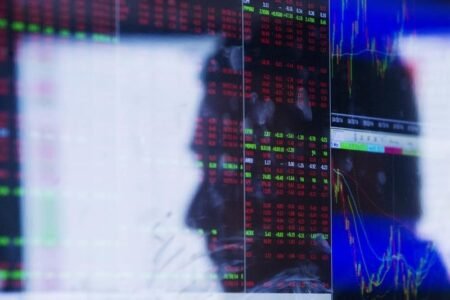Global equity markets including the U.S. witnessed a sharp pullback in early August, with Japanese stocks leading the sell-off.
According to Nomura strategists, one of the reasons behind the correction “was that many market participants felt shares had risen too rapidly.”
“A steep decline in the price of stocks or most other assets requires a substantial number of investors to question the validity of those prices,” they wrote. “When that is the case and something unexpected happens, everyone runs for the exits, causing asset prices to crash.”
While the recent soft U.S. jobs report was cited as a catalyst for the decline in share prices, the strategists emphasize that, despite the data coming in below market expectations, employment continued to grow.
Meanwhile, in Japan, the Bank of Japan raised rates by only 15 basis points, moving the policy rate from approximately 0.0–0.10% to around 0.25%.
In contrast, the Federal Reserve increased the U.S. policy rate significantly, from around 0% to 5.25–5.50% over the 16 months leading up to the end of July 2023, and then maintained it at that level for an extended period. In spite of this aggressive tightening, U.S. stock prices climbed steadily from October 2022 through mid-July 2024.
“A 500bp increase in the policy rate in such a short period of time could normally be expected to cause funds that had been flowing into equities to be reallocated to bank deposits or the bond market, with a corresponding impact on share prices,” Nomura’s team noted.
“Yet that did not happen.” they added.
Nomura also points out the role of massive liquidity provided under quantitative easing (QE), which may have undermined the impact of monetary tightening.
The financial institutions that received these funds had to invest them somewhere, and some likely purchased bonds, which helped keep yields low and, in turn, supported higher stock prices. This created a backdrop where, despite high policy rates, stock prices were able to rise steadily, further fueling concerns among some investors that the market was overheating.
As the market began to sense signs of a U.S. economic slowdown and heard talk of monetary policy normalization from other central banks, particularly the Bank of Japan, those investors who were already skeptical of the high equity valuations may have been quick to exit, exacerbating the decline.
Read the full article here

















